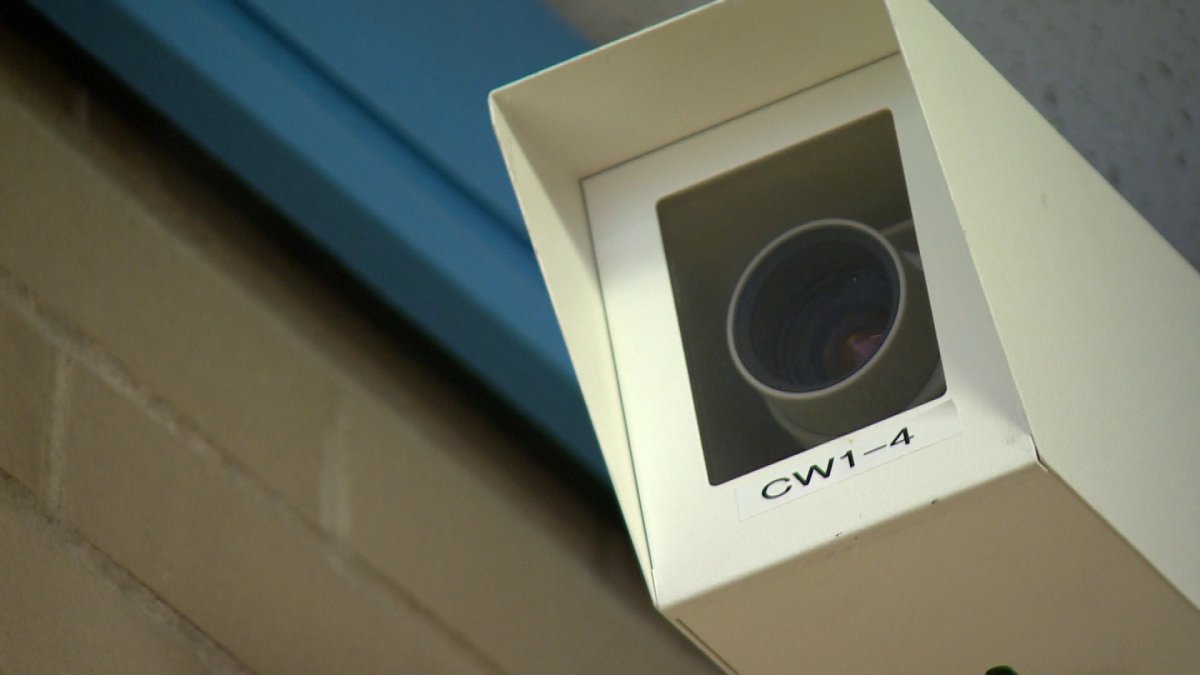REGINA – If you look closely, you can see them almost everywhere you go – from malls to parks to public transit, security cameras are commonplace.

“Most people expect to see cameras in these environments,” said David Hyde, an independent security consultant. “It’s a valid security and police objective.”
However, Hyde warns that we need to be more careful about how surveillance footage is accessed – and who sees it.
His warning comes after a Regina police officer was accused of abusing his power to obtain video.
“The police, of course, can access video files, but only with a bona fide law enforcement purpose or for an investigation or criminal matter,” Hyde said.
Andrea MacMurray told Global News on Tuesday that security camera footage from a shopping mall was used to identify her as the sender of an anonymous fax.
“It is not okay to go out and invade someone’s privacy,” MacMurray said.
Privacy laws say you need to inform people when they’re under surveillance in a public place.
At the University of Regina, the policy for turning video over to authorities requires specific information – including details about an investigation, and in the case of police, a badge number.
“When we have video, we have a responsibility to protect privacy, but also only use it for the (reason) it was intended,” said Pat Patton, the U of R’s director of campus security.
Patton says grounds for granting access to video may include tracking down suspects or crime prevention.
Regina’s police chief, Troy Hagen, says in some public spaces, officers don’t need to present any paperwork.
“It’s in a public area and we have access to public viewing of those videos,” Hagen told reporters on Tuesday.
But when that video leads to an officer being the subject of an investigation, Hyde says it’s a policy all parties should consider.
“Have them sign a document to say the evidence was transferred, which protects the mall and the police in these kinds of cases.”




Comments